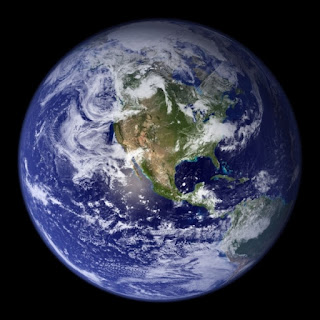The History of Education - and the giants we all rely on
 |
| Photo on <a href="http://foter.com/re/00cf88">Foter.com</a> |
Over the course of some past weeks, I had the delightful challenge of reading and revisiting the great giants that have contributed to our Education. We all have to refresh our memories about the colossal contributions that many scholars have bequeathed to humanity.
The idea that we are more than the sum of our biological components has never failed to disquiet the minds of great thinkers. From the Greeks – Socrates, Plato and Aristotle – we have received the important legacy of man’s inherent ability to access knowledge. Through reflection, circumspection and perception, the belief that we are all born differently is firmly grounded in that legacy.
Later, we received the legacy of instrumentality and the Romans conquered the world based on their need for minds that focused on a trade. The vocational tradition was then born and probably inspired much later behavioristic approaches.
When religion decided to merge their interests with those of education, we saw the beginnings of transmission-based learning. The word ‘professor’ was then born: those who can profess a certain knowledge become guides to those that cannot. Empiricists probably drank from that fountain.
Then came the Renaissance, and freedom of thought, not only ideas had to be reborn – the minds of that time also. Soon after, came Enlightment and the idea of a tree of knowledge, where memory, reason and imagination would all contribute to the social contract between people.
That’s probably where Vygotsky got his inspiration from. Locke belongs to that time, and although misled by the notion that we are born ‘blank slates’, he was central to the [now] widespread importance that quality exerts in instruction. He probably did not like the opposition that the modern father of education, Rousseau, offered him.
By believing, and advocating, that education should be shaped to each child, Rousseau was the precursor of discovery learning and where Piaget most probably got many of his brilliant ideas. Following him, Kant, the hermit of Philosophy (he never wandered further than 6 miles from his place of birth), revived the Greeks. To him, prior knowledge enabled man to reach all that is good. With a stage thus set, modern age could sophisticate the mental processes employed to better understand learning and development.
Thus, came the behaviorist theory, with Pavlov and Skinner and their classic and operant conditioning theories. Life would be good if everything could be explained and understood in terms of positive and negative (or the yin and yang of Education). It’s really hard to admit that we, humans, are too complex to understand. That is probably why cognitivists delved into mental processes and associations to understand how we all learn.
Once again, the Greek legacy rose to fore: the learner was back at center stage. Now what would govern their thinking processes? To Vygotsky, it was language (and this socialization), to Piaget, it was the opposite: thought would drive language. What do we have then? Their epistemology, as Karmiloff-Smith famously noted, humans are in constant development (Flynn meets Baldwin to counteract these effects) and learning.
We learn from each other and from the ones that are born differently – as we all are. It’s useless to fight our differences; we must learn with them.
What does that history make you think of the influences that you bring to your learning?
References
The list would be endless here, but my gratitude goes again to the classes that I took with Prof. Tokuhama-Espinosa, my personal giant in my learning trajectory!



Comments
Post a Comment